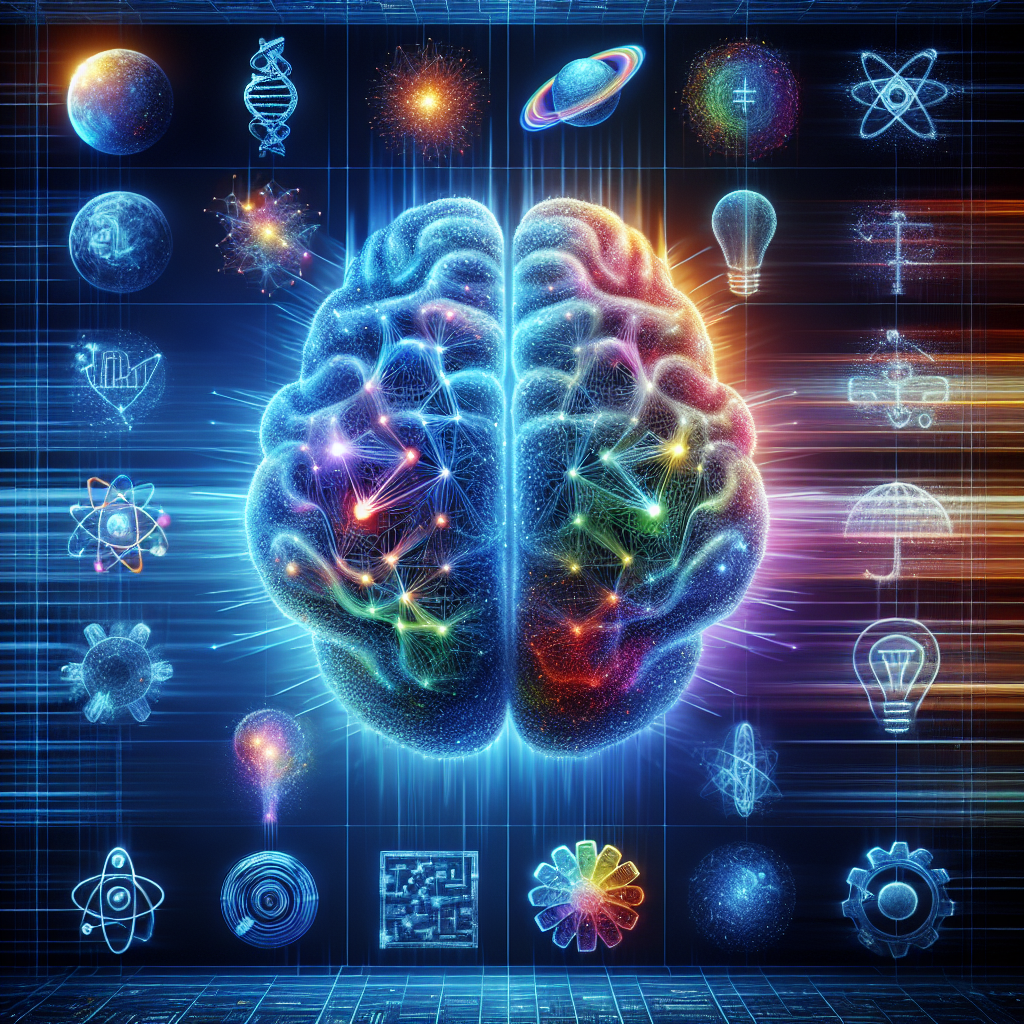Artificial General Intelligence (AGI) has long been a topic of fascination and speculation in the field of artificial intelligence. AGI refers to a machine that possesses the ability to understand, learn, and apply knowledge across a wide range of tasks, much like a human being. While current AI systems are limited in their scope and capabilities, AGI represents a potential leap forward in the field of artificial intelligence, with the promise of revolutionizing industries and society as a whole.
In this article, we will explore the potential of AGI, its possibilities, and the impact it could have on various aspects of our lives. We will also address some frequently asked questions about AGI and its implications.
The Potential of AGI
The development of AGI has the potential to bring about a paradigm shift in the field of artificial intelligence. While current AI systems are capable of performing specific tasks with great accuracy and efficiency, they lack the ability to generalize their knowledge and apply it to new situations. AGI, on the other hand, would possess the ability to learn from experience, adapt to new environments, and solve a wide range of complex problems.
One of the most exciting possibilities of AGI is its potential to revolutionize industries such as healthcare, finance, and transportation. In healthcare, AGI could be used to analyze medical data, diagnose diseases, and develop personalized treatment plans for patients. In finance, AGI could be used to optimize investment strategies, detect fraud, and improve risk management. In transportation, AGI could be used to develop autonomous vehicles that can navigate complex environments and reduce accidents.
AGI also has the potential to enhance our daily lives in a variety of ways. For example, AGI-powered virtual assistants could help us manage our schedules, organize our tasks, and provide personalized recommendations based on our preferences. AGI could also be used to develop intelligent robots that can assist us with household chores, provide companionship for the elderly, and even perform dangerous tasks in hazardous environments.
In addition to its practical applications, AGI could also have profound implications for society as a whole. The development of AGI raises important ethical and societal questions, such as the impact of automation on the workforce, the potential for bias in AI decision-making, and the need for regulations to ensure the responsible development and deployment of AGI.
FAQs about AGI
Q: What is the difference between AGI and narrow AI?
A: Narrow AI refers to AI systems that are designed to perform specific tasks, such as speech recognition, image classification, or natural language processing. These systems are limited in their capabilities and cannot generalize their knowledge to new tasks. AGI, on the other hand, refers to a machine that possesses the ability to understand, learn, and apply knowledge across a wide range of tasks, much like a human being.
Q: How close are we to achieving AGI?
A: While significant progress has been made in the field of artificial intelligence, we are still far from achieving AGI. Researchers are working on developing AI systems that can learn from experience, reason, and adapt to new situations, but there are many technical challenges that need to be overcome before AGI becomes a reality.
Q: What are some of the ethical implications of AGI?
A: The development of AGI raises important ethical questions, such as the impact of automation on the workforce, the potential for bias in AI decision-making, and the need for regulations to ensure the responsible development and deployment of AGI. It is important for researchers, policymakers, and industry leaders to consider these ethical implications and work together to address them.
Q: How can we ensure the responsible development and deployment of AGI?
A: To ensure the responsible development and deployment of AGI, it is important for researchers, policymakers, and industry leaders to work together to establish guidelines and regulations that promote transparency, accountability, and fairness in AI systems. This includes ensuring that AI systems are developed in a way that is ethical, transparent, and unbiased, and that they are used in a way that benefits society as a whole.
In conclusion, the potential of AGI is vast and exciting, with the promise of revolutionizing industries, enhancing our daily lives, and reshaping society as a whole. While there are many technical, ethical, and societal challenges that need to be addressed, the development of AGI represents a significant opportunity for progress and innovation in the field of artificial intelligence. By exploring the possibilities of AGI and addressing some of the key questions surrounding its development, we can better understand the potential impact of this groundbreaking technology and prepare for the opportunities and challenges that lie ahead.

